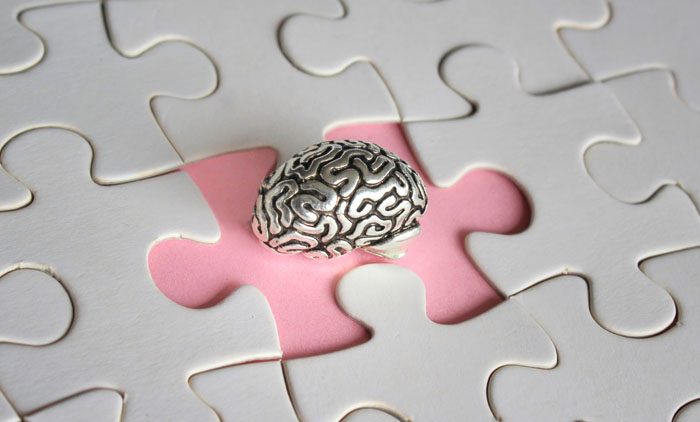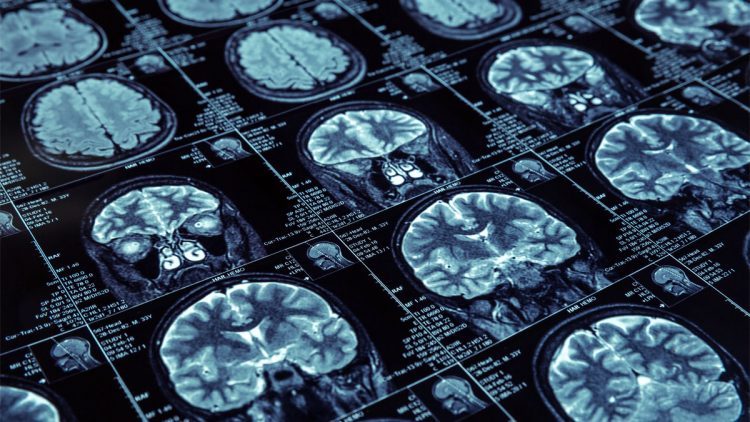What Are Dietary Needs of a Person With Parkinson’s Disease?
The dietary needs of a person with Parkinson’s disease (PD) involve addressing specific challenges related to the disease while supporting overall health and managing symptoms. Here’s an overview of dietary considerations for someone with Parkinson’s:
1. Balanced Diet:
- Nutrient-Rich Foods: A balanced diet should include a variety of fruits, vegetables, whole grains, lean proteins, and healthy fats. This helps maintain overall health and manage symptoms.
- Antioxidants: Foods rich in antioxidants, like berries, nuts, and leafy greens, may help reduce oxidative stress and inflammation, which can be beneficial for managing Parkinson’s symptoms.
2. Protein and Medication Timing:
- Levodopa Interaction: Levodopa, a common medication for Parkinson’s, can interact with dietary protein. Protein may compete with levodopa for absorption in the brain. To optimize medication effectiveness, some people may need to consume protein in smaller amounts throughout the day rather than in large quantities at one meal.
- Protein Distribution: A strategy might be to consume most of your daily protein at dinner or other times when levodopa is less likely to be taken, or to have a high-protein meal when the medication is less active.
3. Fiber and Digestive Health:
- Preventing Constipation: Constipation is a common issue for people with Parkinson’s. A diet high in fiber from fruits, vegetables, legumes, and whole grains can help maintain regular bowel movements.
- Hydration: Adequate fluid intake is crucial for preventing constipation and maintaining overall digestive health.
4. Hydration:
- Stay Hydrated: Drinking plenty of fluids helps prevent dehydration and supports general health. Dehydration can worsen symptoms like constipation and may impact cognitive function and overall energy levels.
5. Eating Difficulties:
- Swallowing Challenges: As Parkinson’s progresses, swallowing difficulties (dysphagia) may arise. Modifying the texture of foods (e.g., soft or pureed foods) and using thickening agents can help. A speech therapist can provide specific dietary recommendations.
- Chewing and Swallowing: If chewing becomes difficult, choose foods that are easier to chew and swallow, and consider using adaptive utensils.
6. Managing Weight:
- Maintaining Healthy Weight: Weight management can be important, as both weight loss and weight gain can impact health. A dietitian can help create a plan that supports a healthy weight while meeting nutritional needs.
- Assessing Nutritional Status: Regular monitoring of weight and nutritional intake can help address any imbalances or deficiencies.
7. Meal Planning and Preparation:
- Simplified Meals: Preparing meals in advance and using easy-to-follow recipes can be helpful if motor symptoms affect cooking ability.
- Adaptive Equipment: Using adaptive cooking tools and utensils can make meal preparation easier and safer.
8. Special Considerations:
- Vitamin D and Calcium: Some people with Parkinson’s may be at risk for bone density loss. Including sources of vitamin D and calcium in the diet or considering supplements (with a healthcare provider’s guidance) can help support bone health.
- Omega-3 Fatty Acids: Found in fish and flaxseeds, omega-3 fatty acids may have anti-inflammatory benefits and support brain health.
9. Avoiding Certain Foods:
- Excessive Caffeine: High caffeine intake might worsen anxiety or disrupt sleep. Moderation is key.
- Alcohol: Alcohol can interact with medications and affect coordination and balance, so it should be consumed in moderation, if at all.
10. Consulting Healthcare Professionals:
- Dietitian Consultation: Working with a registered dietitian can provide personalized dietary advice based on individual needs and medication interactions.
- Regular Monitoring: Regular check-ups with healthcare providers can help address any dietary-related issues and adjust recommendations as needed.
In summary, a person with Parkinson’s disease should focus on a balanced and nutritious diet while considering the timing of protein intake relative to medication, managing digestive health, and addressing any specific dietary challenges that arise due to the disease. Professional guidance from dietitians and healthcare providers can help optimize dietary strategies for managing Parkinson’s symptoms and maintaining overall health.
Here are some additional resources that may be helpful:
- Parkinson’s Disease Foundation: https://www.parkinson.org/
- American Parkinson’s Disease Association: https://www.apdaparkinson.org/
- National Parkinson Foundation: https://www.parkinson.org/
- Michael J. Fox Foundation: https://www.michaeljfox.org/
Find Retirement Communities In Sedona
Sedona Winds Retirement Community offers independent living in Sedona, Arizona, can help! Call us today at (928) 496-6547 and learn more about our facility and what we have to offer today’s seniors.





